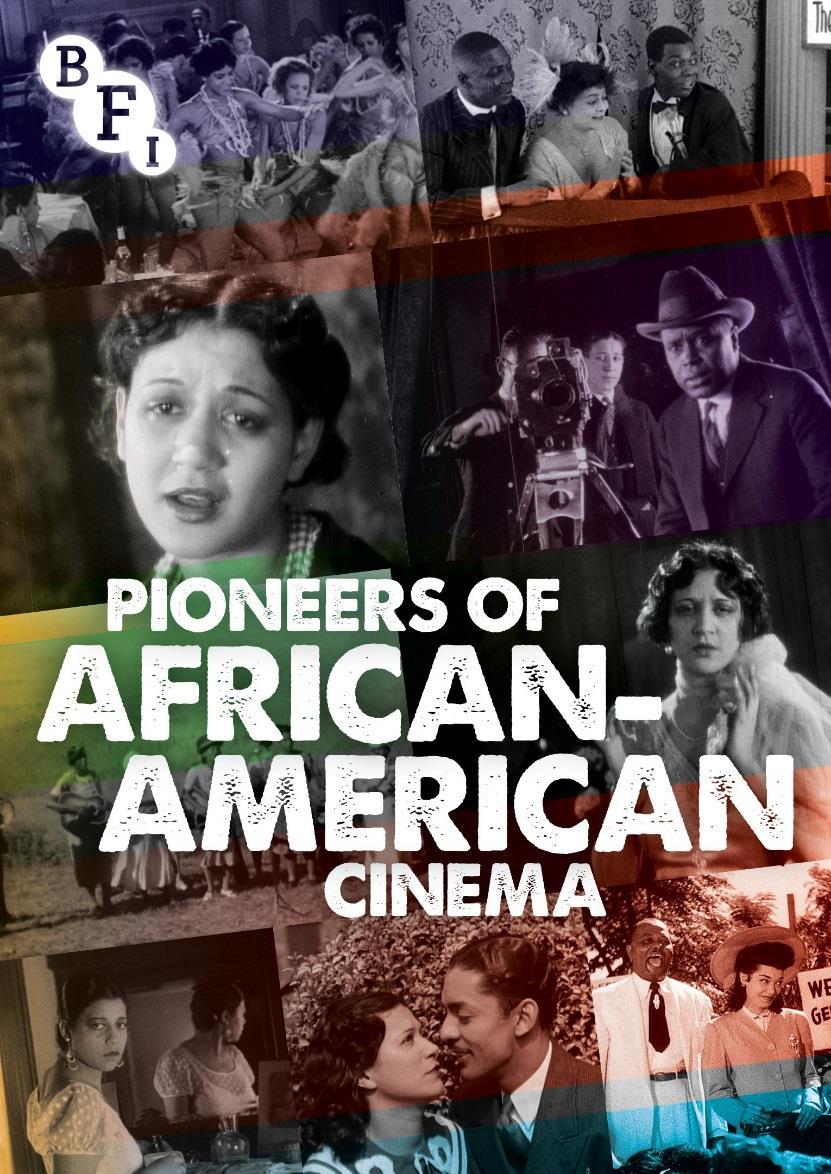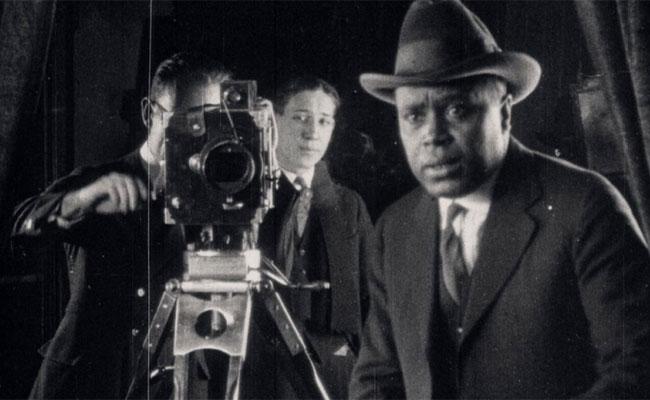The parallel universe of what was known as “race” cinema gets five packed DVDs here. Instead of cringing with sympathy at small, racistly conceived black roles in a classic Hollywood era which coincided with an American Apartheid, these are indie films made inside black neighbourhoods between the wars. Even when white writers or directors are involved – just as in the period’s record labels – authentic culture gets through.
Hollywood itself produced some wonders aimed at the impoverished black cinema circuit (mostly musicals, such as the jaw-dropping song and dance bonanza Stormy Weather, currently on very limited cinema release). Many of the films here, though, are brought to us by the Micheaux Film Corporation, the proud Chicago outfit of the first African-American feature film-maker, Oscar Micheaux. His second feature, Within Our Gates (1920), is a typically tough narrative about a saintly woman saving an idealistic black school in the South from bankruptcy. Lingering 19th-century melodrama is made up for by unflinching documentary awareness of its times. Initially set in the North, “where the prejudices and hatreds of the South do not exist – though that does not prevent the occasional lynching”, a flashback to the heroine’s Southern youth shows her parents and little brother seized and strung up on trees, local whites cycling in their holiday hurry to join in.
 Like The Symbol of the Unconquered: A Story of the Ku Klux Klan (1920), which sees the racists valorised and revived by The Birth of a Nation five years earlier humbled by black resistance, Micheaux has the nerve to answer DW Griffiths’ formal masterpiece back, nine decades before Nate Parker. Body and Soul (1925), with Paul Robeson debuting as a gloatingly rapacious fake pastor far from his later noble image, is even more impressive. Micheaux’s concern with racial uplift by education, and the pitfalls of skin-tone for often light-skinned heroes and villains who sometimes “pass” for white, still burns in Birthright (1939).
Like The Symbol of the Unconquered: A Story of the Ku Klux Klan (1920), which sees the racists valorised and revived by The Birth of a Nation five years earlier humbled by black resistance, Micheaux has the nerve to answer DW Griffiths’ formal masterpiece back, nine decades before Nate Parker. Body and Soul (1925), with Paul Robeson debuting as a gloatingly rapacious fake pastor far from his later noble image, is even more impressive. Micheaux’s concern with racial uplift by education, and the pitfalls of skin-tone for often light-skinned heroes and villains who sometimes “pass” for white, still burns in Birthright (1939).
This collection also has room for slapstick vaudeville, black cowboys and fighter ace detectives (the return of emboldened black veterans from the Western front, like the Great Migration from South to North, is a regular, implicit theme). Documentary footage from 1940 of raw, fervent South Carolina gospel music shot by the great Harlem Renaissance writer Zora Neale Thurston, and the atmospheric saga of class, love and nightclubs The Scar of Shame (1927), are other picks from a revelatory collection. It offers a potent 30-year prelude to Seventies blaxploitation, and the still later, final permanency of African-American careers such as Spike Lee’s.













Add comment